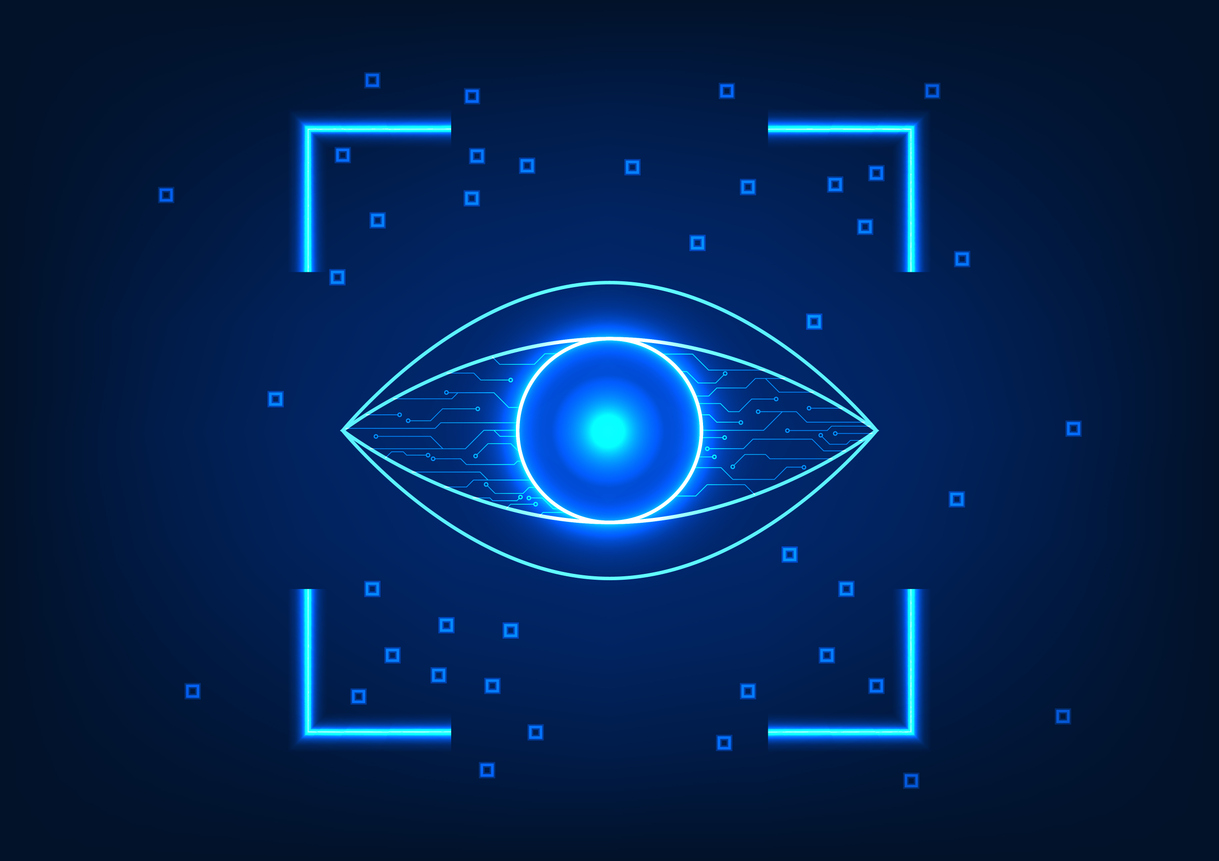
You’ve visited an ophthalmologist, and you’ve just received a diagnosis of glaucoma. You may be feeling anxious or overwhelmed by this diagnosis, but hopefully, with additional knowledge, you can feel more in control of this disease. This article summarizes some questions you may be asking yourself.
What is Glaucoma?
Glaucoma is a group of diseases in which the optic nerve degenerates over time. The optic nerve connects the eye to the brain. Glaucoma generally causes peripheral or side vision loss first, and only in late stages of the disease is central vision affected. Therefore, glaucoma is often called the “silent thief of sight” because patients don’t notice the side vision loss since one eye typically compensates for the other, and the side vision loss can be mild at first.
The optic nerve is composed of a bundle of “cables” that are the part of a nerve cell that carries nerve impulses of retinal ganglion cells, a class of neurons that are in the retina. Retinal ganglion cells are the final output neuron of the retina, which means all the visual information captured by the eye is transmitted to the brain by these special cells.
One of the major risk factors of glaucoma is elevated eye pressure, although you can also have glaucoma even if your eye pressure is not significantly elevated. As we get older, the eye’s drainage system can begin to lose function, and so eye pressure can increase. Read more about other risk factors of glaucoma.
What Type of Glaucoma do I Have?
Your ophthalmologist can tell you what type of glaucoma you have. Generally, there are two broad categories of glaucoma, open-angle vs. closed-angle, and many other types of secondary glaucomas. While it’s important to know what type of glaucoma you have, currently, most treatments are all aimed at lowering eye pressure. However, whether you have open-angle vs. closed-angle will help determine the treatment(s) your ophthalmologist may recommend.
What Stage is My Glaucoma?
This is an important question to ask since patients whose glaucoma is diagnosed early tend to do better than patients whose glaucoma is detected at late stages. It is also important for your ophthalmologist to take into consideration your glaucoma stage, since that also helps guide treatment decisions. For example, for a patient with advanced glaucoma, your ophthalmologist may recommend more aggressive treatment sooner rather than later.
What are My Treatment Options?
Currently, glaucoma is managed with medications (eye drops), laser, or surgery. First-line treatment can be medications or laser: both lower eye pressure but affect patients in different ways. For example, with eye drops, you will need to take these medications regularly and chronically over your lifetime. There can be side effects of these eye drops, which sometimes limit patients’ ability to continue taking them. With laser treatment, there can be a similar eye pressure lowering effect as with medications, but it is important to realize that lasers are not a cure, and their effect can wear off over time. On the other hand, laser treatment can be repeated (although a limited number of times) and it is a fairly low-risk procedure. A 2019 randomized clinical trial showed that laser resulted in better eye pressure control than eye drops.
Surgery can be an option for glaucoma patients. Traditionally, surgery was reserved for patients with advanced or uncontrolled glaucoma, but with the introduction of minimally invasive glaucoma surgery (MIGS), even patients with mild disease and cataract may want to consider adding MIGS when they undergo cataract surgery. If you have more advanced glaucoma, your ophthalmologist may recommend traditional filtering surgery, called trabeculectomy or tube shunt surgery. There are also newer surgeries being introduced that are similar (or almost similar) in effectiveness compared to these traditional surgeries, so it’s important to ask your ophthalmologist about all of the possible options if surgery is recommended. If you can, you may also want to consider seeing another ophthalmologist for a second opinion as some ophthalmologists may recommend different surgeries for the same patient.
How will My Glaucoma be Monitored, and How Frequently?
It is important to ask how you will be monitored, what testing is done, and the purpose of the tests, such as visual field and optic nerve imaging. You will also be forming a long-term relationship with your ophthalmologist and the staff at the office. It will be helpful to ask how frequently you will be monitored. It is also important to know that in the beginning, your ophthalmologist may recommend obtaining several tests in order to obtain an accurate baseline.
What is My Prognosis?
As discussed above, the earlier you are diagnosed, the better. And while your ophthalmologist cannot predict the future, they can help you understand the stage of your disease and what you can potentially anticipate if your glaucoma is well-controlled and you follow treatment recommendations.
Summary
It is important to learn about your glaucoma, and it is our hope that this article has helped guide you with some initial questions when you are first diagnosed. Finally, you may want to share your diagnosis with your friends and family – your friends, because they may have glaucoma themselves and can lend support to you, and your family because there is a hereditary component of glaucoma, and they may want to have their eyes comprehensively evaluated as well.
About BrightFocus Foundation
BrightFocus Foundation is a premier global nonprofit funder of research to defeat Alzheimer’s, macular degeneration, and glaucoma. Through its flagship research programs — Alzheimer’s Disease Research, Macular Degeneration Research, and National Glaucoma Research— the Foundation has awarded nearly $300 million in groundbreaking research funding over the past 51 years and shares the latest research findings, expert information, and resources to empower the millions impacted by these devastating diseases. Learn more at brightfocus.org.
Disclaimer: The information provided here is a public service of BrightFocus Foundation and is not intended to constitute medical advice. Please consult your physician for personalized medical, dietary, and/or exercise advice. Any medications or supplements should only be taken under medical supervision. BrightFocus Foundation does not endorse any medical products or therapies.
- Treatments










